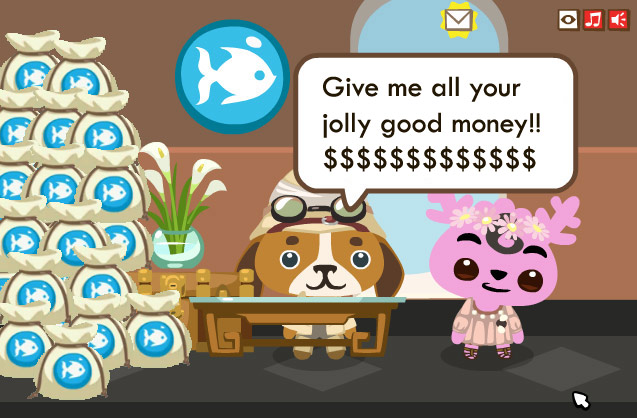*Picking up from last week's entry
My online forays haven’t been all that smooth. I’ve had my fair share of difficulties, and for that, I can’t (yet) quite say that I’m entirely confident with dealings that involve the internet.
For starters, there’s the question of seller credibility. Over at ebay.ph there’s a seller who posted a vintage comic book worth PhP 3,500.00. Upon checking his profile and other items, it turns out he sells a measly three comic books, and over a hundred varieties of lingerie. I suppose it’s not an exaggeration to say that online purchases, if not e-commerce as a whole, could be a bit of a gamble. But if the internet is to ever be a reliable marketplace, mechanisms that ensure confidence and quality are a must.
For the purchases I actually make, there’s the question of actually receiving the items. In fact, as I speak, the package from Spain (which I wrote about last week) hasn’t yet arrived, even as it’s been more than a month after I placed my order. Thus far, I’ve never experienced undelivered packages (though they always take quite a while to arrive). But in the event that such a thing happens, how do I work out a solution? How do I pursue my claim? How do I even prove my claim? Do I print out my PayPal receipt and eBay invoice, then walk into OLA and ask their kind interns to file claims for me? If so, where?
Then there are delivered items which come in conditions quite different from those that online sellers purported them to be in. Of course, any self-respecting comic book collector realizes the significant difference that ‘near mint’ makes as against ‘very fine’ or ‘very good’. I’ve encountered wrongly described items not infrequently. In some instances, packages were so haphazardly packed that, as I reckon, even if they were in great conditions when shipped, end up arriving in dismal conditions. By way of solutions, a seller once offered a PayPal refund; in another case a seller gave me store credits (an ingenious way of compelling me to make another round of purchases, if I am to ever get to utilize those credits); yet in another case, the seller offered no solution at all, thus forcing me to be content with leaving him negative feedback.
Certainly, the internet has been amazing. As I wrote last week, I owe it a great deal of satisfaction as it has opened opportunities hitherto impossible. But just as it has opened doors, it has made evident significant problems and obstacles.
Like I said, if the internet is to ever be a truly reliable marketplace (not to mention a pleasant community) mechanisms that make it so must be put in place. Whether it be by way of imposed regulations or if the net will order itself out in typical laissez faire fashion remains to be seen. And whether our institutions are up to the task, well, let’s hope they are.
- LUIS JOSE F. GERONIMO
Entry #3


















